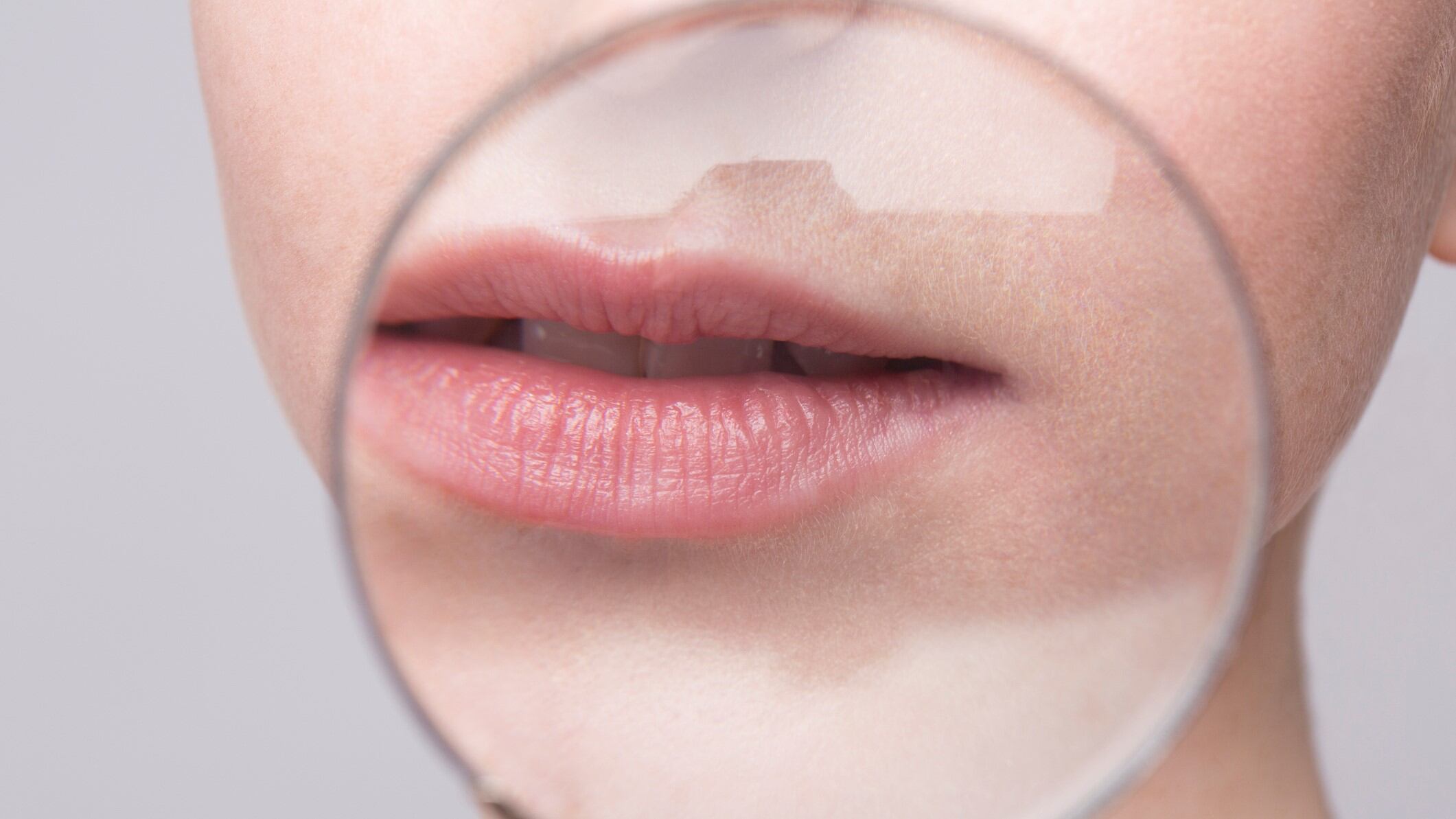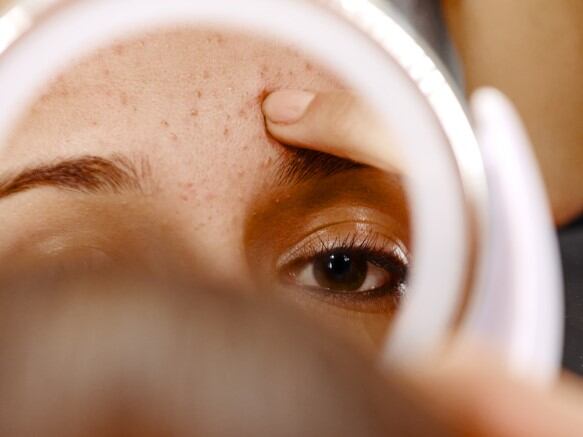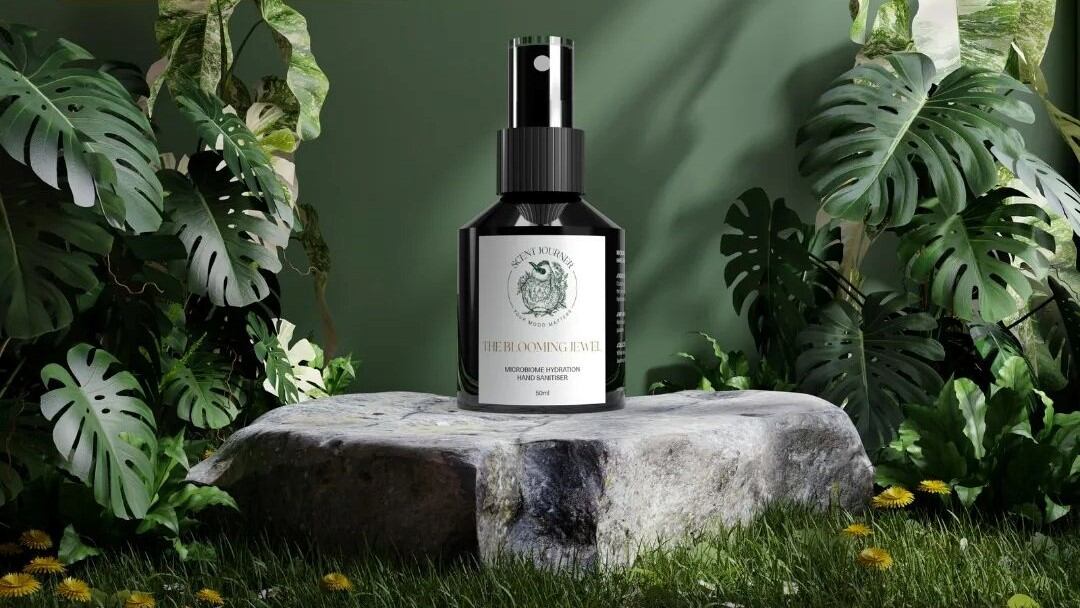In recent years, validating claims has become more crucial in the cosmetics industry, said Dr Randall Wickett, Professor Emeritus of Pharmaceutics and Cosmetic Science, University of Cincinnati.
“You have to be able to establish your claims and it’s probably more important lately than it was 40 years ago, or 20 years ago. You're either going to be challenged by competitors, those are mostly big companies, or you could have a lawsuit from a group of consumers,” he told CosmeticsDesign-Asia.
Regrettably, the latter was becoming more frequent in the industry, particularly in the US, he added.
“So, you better be able to support your claims and the kind of claims you make are important. If you're going to claim that it reduces wrinkles and fine lines over a period of time, you have to really have data to support that.”
Fortunately for the industry, there are innovations in this space that will make it easier for cosmetic manufacturers to support their claims.
Wickett said that he had encountered many new innovations in skin measurements. “People are using techniques like multiphoton tomography, fluorescence lifetime imaging, and coherent anti-Stokes Raman scattering. Those are very high-tech.”
He told us that he was most excited about how we can utilise technology like multiphoton tomography and fluorescence lifetime imaging to visualise what is happening inside the skin.
“With multiphoton tomography, you can image collagen and elastin in the dermis and see what they're looking like, which is not something you could ever do before in vivo. With fluorescence lifetime imaging, you can actually measure metabolism. The evolving ability to image the skin in ways we couldn't imagine doing before I think is most exciting.”
In addition, Wickett highlighted that people are utilising combined techniques in novel ways which may lead to more innovation in skin testing.
However, he pointed out that it would take a few years for these new technologies to make a significant impact on the cosmetics space.
“These instruments are expensive. These methods probably won’t have a big effect on the cosmetic industry for a few years as they have to become more accessible to everyone. People also have to get more familiar with the results and figure out how we can claim it without running afoul with the regulatory agencies.”
Wickett will be in Singapore on November 23 to speak about the various innovations in skin testing at the Science Behind Asian Cosmetics Symposium 2022.
The event, which was organised by the Society of Cosmetics Scientist Singapore (SCSS), will also feature speakers from Procter & Gamble, A*Star and Denova Sciences.




